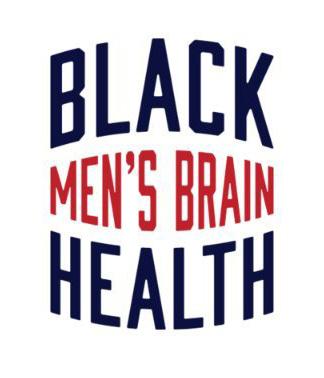
1 minute read
Concussions among many risks to Black men’s brain health Black Men’s Brain Health Conference during Super Bowl week no coincidence
By Charles Hallman
Contributing
Writer
The Alzheimer’s Association, the Global Sport Institute at Arizona State University, the NFL Alumni Association, and the National Institute on Aging are among the sponsors of the second annual Black Men’s Brain Health Conference, scheduled for Feb. 8-9 at Arizona State University in Tempe, Ariz. The two-day conference will examine how various risk factors contribute to Black men’s higher risk for Alzheimer’s disease, dementia and other brain disorders, and also will explore how the brain’s ability to adapt to significant sources of stress affects Black men’s cognitive health.

The in-person and virtual conference being staged during Super
Bowl week—in the Glendale, Arizona-area where the game will be played—is not coincidental, according to George Washington University School of Medicine and Health Sciences
Assistant Professor Robert W. Turner II.
“We know that there’s no bigger event in the world than the Super Bowl, particularly in America,” Turner, a former pro football player, told the MSR. “Why is it that all of us who have played are not exposed to the same factors that can lead to CTE and other forms of neurodegenerative diseases, but others are?

“What can we learn from each other by studying this group that will help protect us, will minimize our risk and help really focus on what makes us resilient. That’s why we decided to do this,” said Turner.
According to the Alzheimer’s Association 2022 Facts and Figures report, Black Americans are about twice as likely as White Americans to have Alzheimer’s or other dementias.
Because of missed diagnoses, older Blacks also suffer from this disease and other health issues more than older Whites.
Alzheimer’s disease is also growing in Minnesota and projected to rise, according to the national organization’s fact sheet:
• 99,000 people aged 65 and older are living with Alzheimer’s in Minnesota.
• Almost nine percent of those aged 45 and older have subjective cognitive decline.
• 171,000 family caregivers statewide bear the burden of the disease.
• 156 million hours of unpaid care is provided by Alzheimer’s caregivers.
• $905 million is the estimated cost of Alzheimer’s to the state Medicaid program.
Black Americans and Alzheimer’s:
• Only 48 percent of Blacks report being confident they can access culturally competent care.
• Only 53 percent of Blacks believe that a cure will be distributed fairly without regard to race.
• Only 35 percent of Blacks say
■ See BRAIN on page 5







